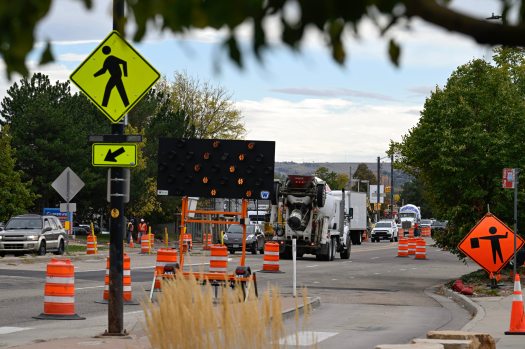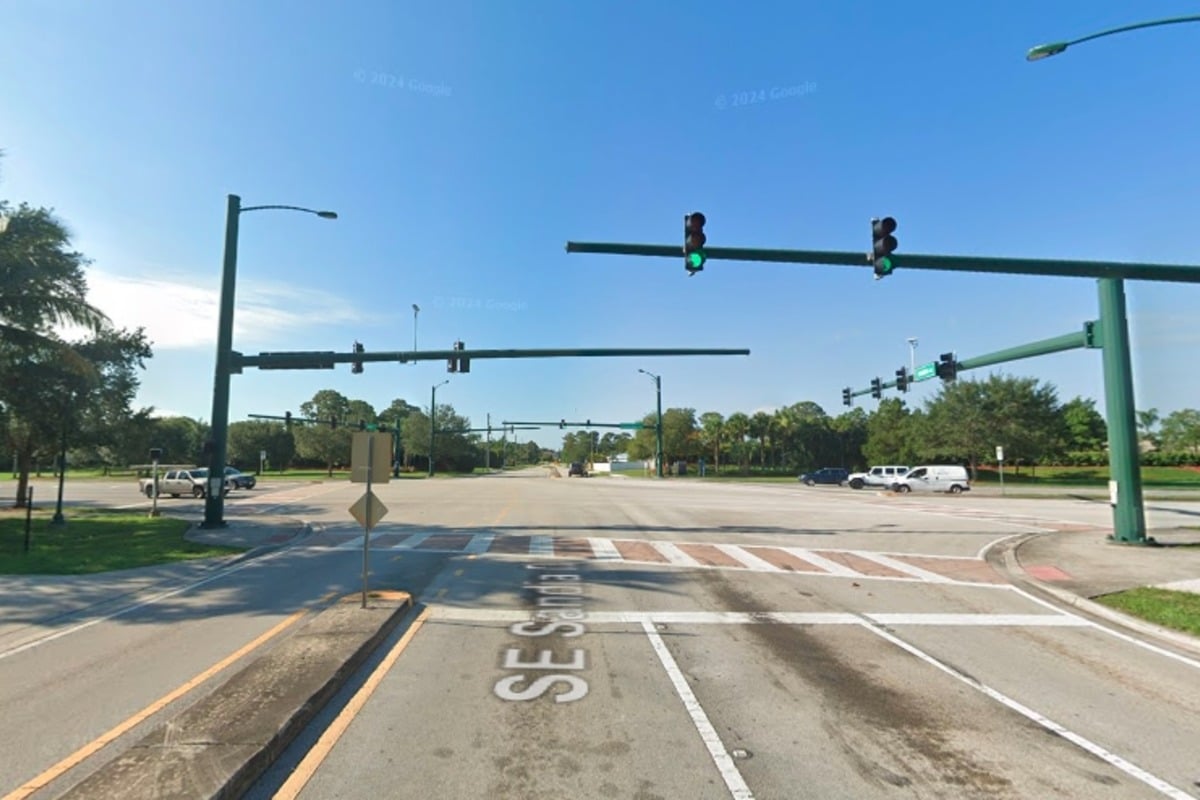UPDATE: The Boulder City Council has just approved a significant $6.2 million transportation management fee aimed at enhancing transportation infrastructure across the city. In a decisive vote of 6-3 during their Thursday meeting on November 2, 2023, council members took a crucial step toward addressing long-standing maintenance needs that have accumulated over the years.
This newly sanctioned fee is projected to generate vital funds for transportation projects that have historically faced funding shortages. The fee applies to most privately owned properties, with non-residential property owners, such as private schools and hospitals, set to pay between $11 to $160 per 1,000 square feet annually, depending on their land use category. For single-family residences, the fee will be $54 annually, while multifamily residences will incur a fee of $42.
The council’s decision comes after previous attempts to implement a similar fee in the late 2000s and again in 2019, both of which did not come to fruition. As the city faces approximately $6.4 million in annual unfunded maintenance needs—including $4.2 million for pavement and street safety—officials assert that this fee is necessary to ensure sustainability and safety moving forward.
However, the fee has sparked controversy and concern, particularly among local businesses still recovering from the economic fallout of the COVID-19 pandemic. Council members Mark Wallach, Taishya Adams, and Tara Winer voiced strong opposition, emphasizing the potential burden on residents and renters. Adams highlighted the fear that landlords may raise rents in anticipation of the new fee, stating, “I need us to think about the people.”
In addition to these concerns, Wallach criticized the engagement process leading up to the vote, arguing that many stakeholders lacked adequate information about the fee’s implications. “They have not heard of this, they have had no background in this,” he noted, expressing worry that the public engagement efforts were insufficient.
While the council has approved the fee, which is now awaiting a final reading, the Boulder Chamber of Commerce has also registered its disapproval, emphasizing the need for a more balanced approach to funding infrastructure. Jonathan Singer, senior director of policy programs with the chamber, urged cooperation between the city and local employers during these challenging economic times.
As the city prepares to implement this fee, the potential impact on affordable housing and the local economy remains a pressing concern. With collections set to begin in mid-2026, residents and businesses alike are left navigating the uncertainty surrounding the financial implications of this measure.
WHAT’S NEXT: Watch for the final reading of the ordinance, which is expected to solidify the fee’s implementation. Residents and businesses will need to stay informed about the forthcoming regulations and how they may affect their financial obligations moving forward.







